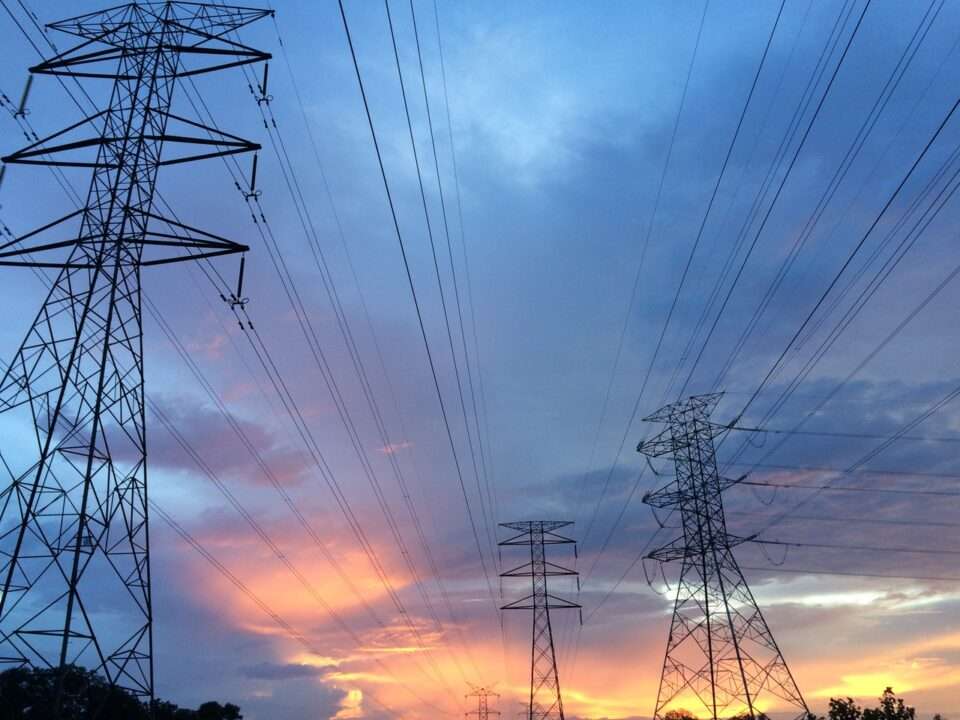None of us can predict power outages leaving us for hours without electricity and causing serious problems when left without. Electricity outages, due to numerous reasons such as bad weather and some other natural causes, can lead to a whole list of inconveniences including spoiled food, moldy walls, frozen pipes, and flooded basements. Luckily, today, there is a whole range of the different generators enabling you to have electricity in your home, and hence, here is an easy guide on how to choose the right generator for your home.
Beware of Noise
It is important to start with the noise that generators are producing since it can be quite a problem if we take into consideration how noisy these can be. This is mainly because of the capacity and fuel they are using in their functioning. However, this can be quite problematic especially if you live in a crowded neighborhood. Fortunately, a couple of companies produce the quietest generators available on the market. These generators are not only quiet but portable as well, so you can use them wherever you need them.
Pay Attention to Wattage
The question of capacity and wattage rises once you decide to get the generator so you need to be clear what are the things you are going to power during outages. By deciding on what are the devices you want to power, you should have a clearer image of what should be the wattage of the generator you are getting. But before you even start calculating, you need to be aware of the fact that some home appliances such as air conditioners, sump pumps, and refrigerators spend a lot of energy the moment you decide to turn them on. If you left out these while doing your calculations, then you will have a problem with your generator not being strong enough to power them all. In making these calculations, a great deal of help can be the general guidelines about appliances and the devices you already have in your home.
If You Deal With Frequent Power Outages
Frequent power outages, or even worse, prolonged outages can occur because of numerous reasons, and some of them include frequent electricity network failures, extreme weather conditions, such as ice storms, tornadoes, hurricanes, blizzards, etc. If these are frequent problems you face, then you should consider getting either a portable generator, large inverter, or home standby. Each of these types can produce enough power to supply your whole household and direct the energy directly to your home’s circuit breaker panel so that you are enabled to power and run the appliances that are hardwired, and these appliances include sump pumps, well pumps, air conditioning, electric ranges, and water heaters.
In Case of Occasional Outages
Normally, energy outages are an occasional thing and you do not have to spend a whole fortune on installing standby generators. There is no need for this. If you experience occasional outages then you should consider getting a large inverter or portable generator. In case you experience numerous outages in a span of a year, then you will probably want to install pricey stationary units that work based on the standby principle but will probably cost you more than $10,000 or more. But, if you don’t mind pulling out your large inverter or portable generator when needed, you can save thousands of dollars, and still have enough energy to power all of your home appliances.
If You Rarely Experience Electricity Outages
Normally, we do not experience energy outages so often but it is great to have a generator just in case. In case of rare electricity outages, you should consider getting a midsized inverter or recreational inverter that will do the job. In this line, the midsized inverter can amp the power to run your air conditioner or fridge, or even space heater. On the other hand, recreational inverters can produce enough energy to power a TV or cooktop.
Let Safety Be Your First Priority
It is important to know how to handle your generator and to keep it at least 20 feet away from your home and the exhaust directed away from your windows, door, AC, and other structures that may let harmful gases in.
Generators are extremely useful devices meant to supply your home with energy in case of temporary or prolonged outages. Before you decide on the type of generator you need to get, it is important to decide what appliances you want to power and make sure that you can handle them safely.

